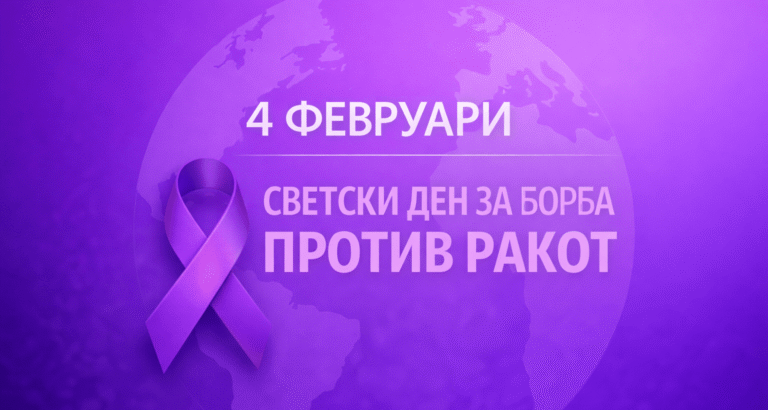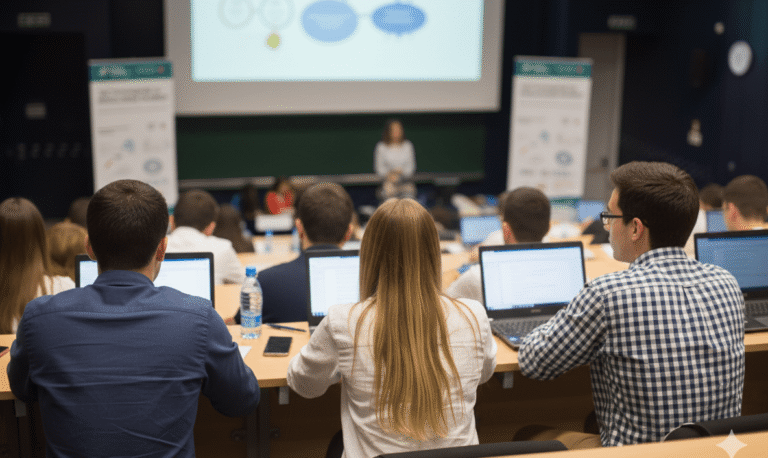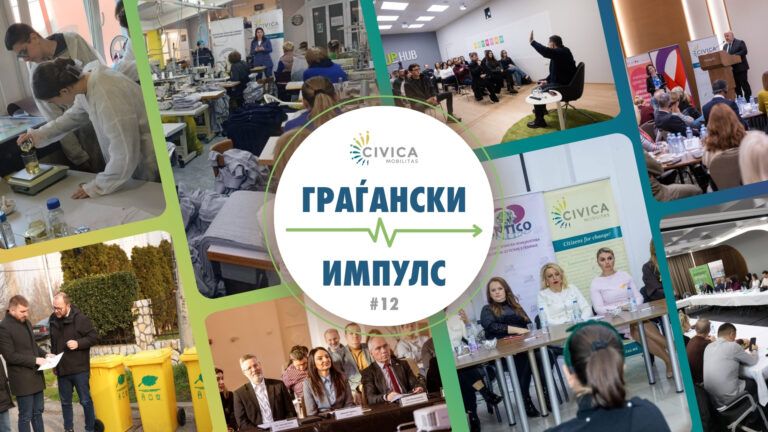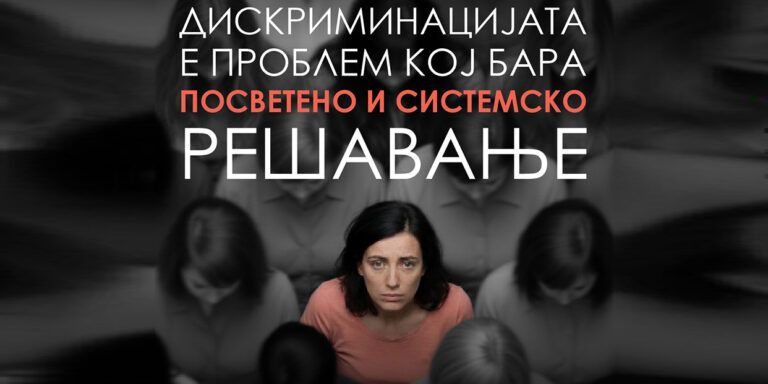Civil Society Organizations Propose Solutions for Better Local Policies and Services
Civil society organizations – grantees of the Civica Mobilitas program – have formulated and submitted their proposals to the candidates in the 2025 local elections. The proposals focus on improving transparency, accountability, citizen participation, the quality of local public services, and securing funding for civil society organizations.
Each of these aspects is elaborated below, with concrete proposals and recommendations derived from the organizations’ experience in local communities.
1) Citizen Participation
Most of the proposals call for more systematic citizen involvement in decision-making: regular public hearings at an early stage (draft documents), quarterly neighborhood forums, functional councils (youth, culture, safety), surveys/online consultations, and clear procedures for responding to submitted initiatives. Municipalities are urged to publish consultation plans and timelines in advance, along with summaries of received feedback and explanations of what has been accepted.
2) Public and Social Services
Organizations call for more accessible and integrated services for vulnerable groups: local social centers and “one-stop-shop” approaches, community-based services (home care, day centers), health mediators and mobile teams, and better coordination with social work centers and schools. A frequent message is the need for small but stable municipal budget lines for these services, along with transparent criteria for their allocation/contracting.
3) Culture, Youth and Sports
Proposals emphasize open spaces for youth and culture (youth/cultural centers, club programs, micro-grants for local initiatives). They highlight the importance of continuity (year-round programs, not just “projects”) and joint planning with youth organizations, sports clubs, and the cultural sector. Safe and accessible locations and timely public calls are also underscored.
4) Transparency and Accountability
A significant number of proposals relate to open data: publishing readable budgets, records of public procurement (with simple visualizations), published contracts and implementation reports, registers of donors/beneficiaries, and annual municipal reports on “what we achieved/what we did not and why.” Clear rules for preventing conflicts of interest and binding deadlines for responding to information requests are also demanded.
5) Funding for CSOs and Support for Local Initiatives
Organizations insist on transparent, predictable municipal calls with clear criteria, scoring, and published results; multi-year institutional support for the most relevant services; mentoring and technical assistance (budgeting, monitoring); and small rapid-response funds for civic actions with simple applications and reporting.
6) Environment and Climate
Proposals cover waste management (sorting, recycling, collection points, education), greenery and micro-parks, local clean-up actions, public monitoring stations for air quality, and green public procurement. They highlight the importance of partnerships with schools and communities, as well as campaigns with measurable results.
7) Infrastructure and Transport
The focus is on safe pedestrian and cycling routes, improved public transport, regulated parking, street lighting, and maintenance of public spaces. Many proposals call for urban planning with public visualizations and “testing” of solutions (pilots for pedestrian-only streets, time-limited parking zones).
8) Marginalized Groups and Non-Discrimination
Targeted measures are requested for Roma, persons with disabilities, LGBTI people, and other vulnerable groups: accessibility of facilities/services, mediation with institutions, legal aid, and anti-discrimination practices in schools and local administration. Staff training and designated contact points are emphasized as key elements.
9) Education and Health
At the local level, proposals include prevention programs, psychosocial support in schools, health education, improved school infrastructure, and cooperation among schools, social work centers, and local NGOs.
10) Gender Equality and Protection from Violence
Proposals include local mechanisms for prevention and support (councils, protocols, shelters/referral mechanisms), measures for menstrual hygiene in schools, and programs for the economic empowerment of women, including single parents. Continuous coordination with central institutions and funds is requested.
11) Digitalization and Open Data
Proposals call for online services (e-requests, e-consultations, e-applications), public dashboards with open data (budget, procurement, subsidies), and simple platforms for monitoring the implementation of promises and projects.
12) Partnerships and Local Bodies
Several proposals demand formalized working groups, memoranda with institutions, and regular coordination meetings with schools, healthcare, public enterprises, and the business sector, in order to avoid duplication and accelerate implementation.







![Sre]ni praznici(2)](https://civicamobilitas.mk/wp-content/uploads/2025/12/sreni-praznici2-768x432.jpg)
